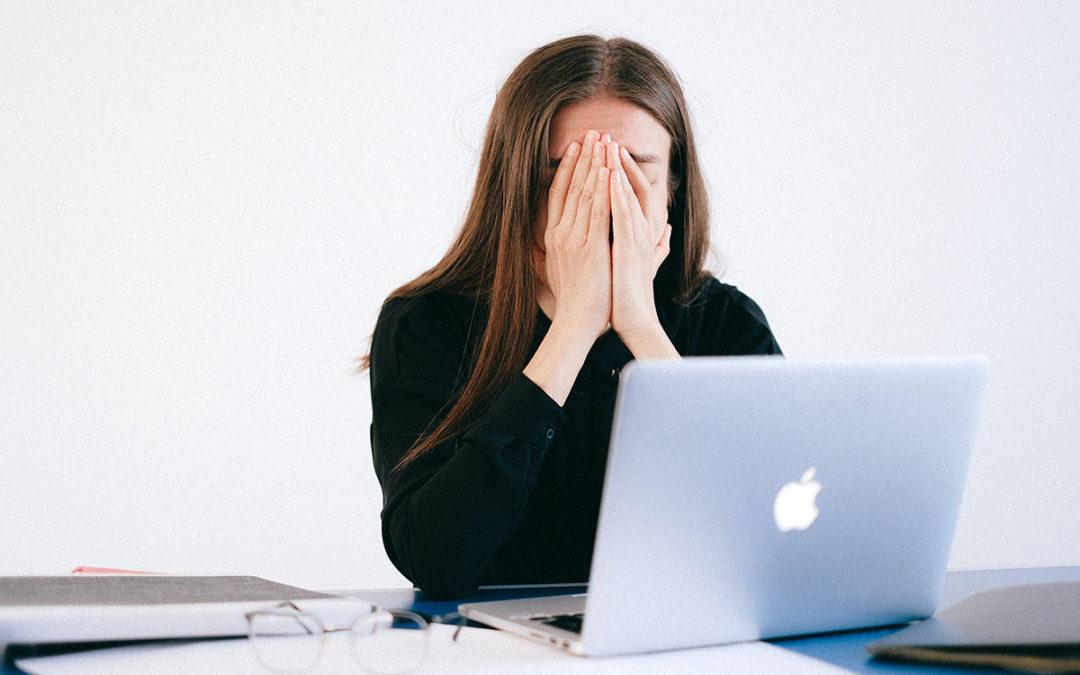Family issues, work stress, exam anxiety, the pressure of being accepted in society, the responsibility of being accepted by your friends, the anticipation of getting that job you wanted These are just a few of the reasons why people experience anxiety in their daily lives. There are numerous methods available to help people deal with their anxiety, but just as a specific medicine is prescribed for a headache and cannot be used for a stomach-ache, there are a number of techniques that can be used either individually or in combination to help one deal with their anxiety. This listicle will give you a clear idea about the various techniques that one can use to help reduce their anxiety on their own.
The following have been the most effective techniques that a person can use individually or in combination with others to begin controlling their anxiety rather than enabling it to influence them.
1. Journal your thoughts/feelings:
Instead of ruminating on negative thoughts, psychologist L.K. Chapman recommends “objective recording” to alleviate anxiety. This is how you do it: Make a line down the centre of a sheet of paper. Make a note of “Negative things I’m saying to myself” in the left column. “Alternatives” should be marked on the right. Fill out both sides. Numerous studies support the idea that writing down your thoughts and feelings helps you process emotions in a healthy way, reducing anxiety significantly.
2. Meditate:
According to research, you only need 10-15 minutes of meditation per day to reap the health benefits, which include lower stress hormone levels, increased serotonin levels, and a stronger ability to let go of thoughts that don’t serve you. The goal of deep breathing is to concentrate your attention on your breathing, making it slower and deeper. When you take a deep breath in through your nose, your lungs completely expand, and your belly rises. This slows your heart rate, allowing you to feel more at ease.
3. Socialise with friends or family:
Being a part of a friend network gives you a sense of belonging and self-worth, which can be beneficial during difficult times. A general conversation with them for 15 minutes can also have a significant impact on your mood. Another study discovered that men and women who had the fewest social connections were more likely to experience depression and anxiety.
4. Exercise:
Exercising even for 20 minutes 3-4 times a week can help reduce stress and anxiety by releasing endorphins and improving sleep and self-image. One could also exercise by engaging in their favourite sport, dancing, or practising yoga.
5. Learn to say NO:
This is particularly the case if you find yourself taking on more responsibilities than you can handle, as juggling multiple responsibilities can leave you feeling overwhelmed. Being picky about what you take on — and saying no to things that will unnecessarily add to your workload — can help you reduce your stress.
6. Use the ‘5-minute technique’ to avoid procrastination:
To avoid procrastination, tell yourself that you will only sit for 5 minutes and complete the task. This motivates you to at least start the work, and once you’ve started, you’ll feel compelled to complete a larger portion of the task rather than abandoning it halfway through.
7. Practice mindfulness:
Mindfulness refers to practices that bring you back to the present moment. It can assist in combating the anxiety-inducing effects of negative thinking. According to a recent study of college students, mindfulness may help increase self-esteem, which in turn reduces symptoms of anxiety and depression.
8. Reduce substance intake:
People have different thresholds for various substances, but when combined with anxiety, they all exhibit similar symptoms. Increased consumption can have an impact on both your physical and mental health. As a result, consider reducing your consumption of alcohol, drugs, and caffeine.
9. Get adequate amount of sleep: When you don’t get enough sleep, the amygdala and insular cortex of your brain light up in a pattern similar to the abnormal neural activity seen in people with anxiety disorders. “These findings help us realise that those people who are anxious by nature are the same people who will suffer the most harm from sleep deprivation,” says author Matthew Walker. As a result, it is critical for an individual to get the 6-8 hours of sleep that an individual requires.
“You can’t always control what goes on outside. But you can always control what goes on inside.” – Wayne Dyer
– Urveez Kakalia & Aakriti Mathur


Recent Comments